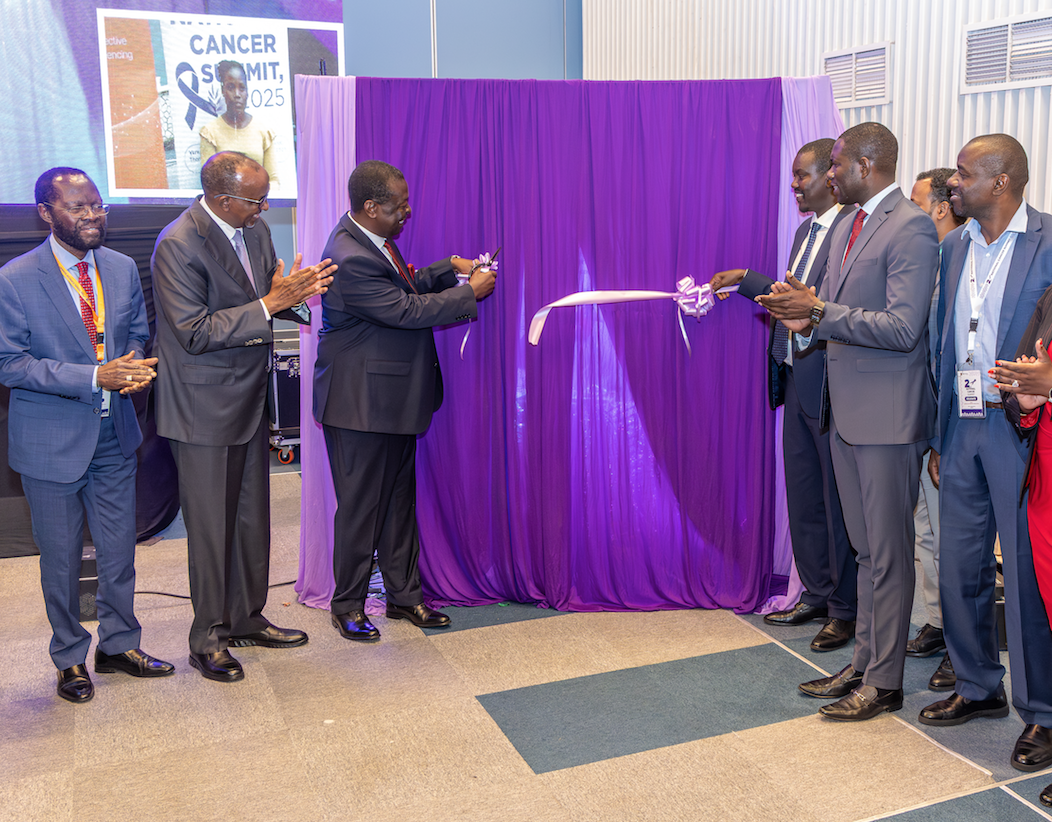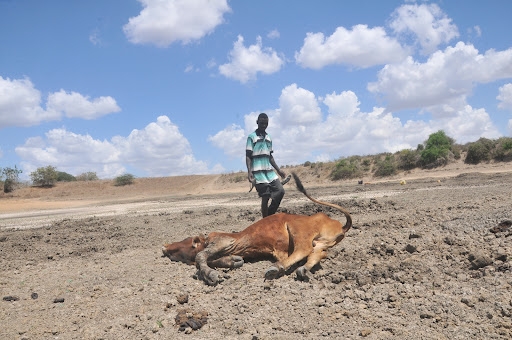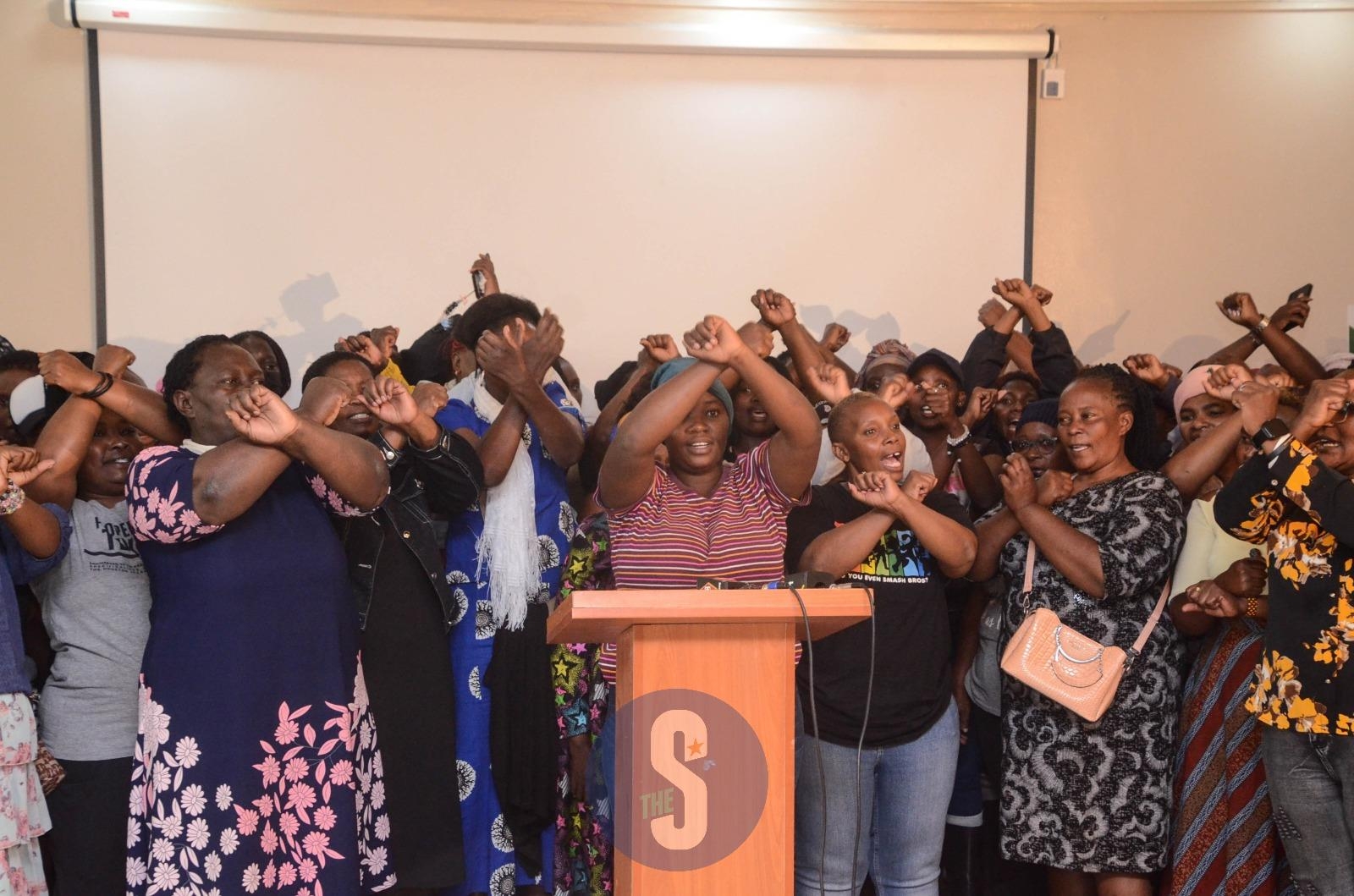
Prime Cabinet Secretary Musalia Mudavadi has announced that Kenya is strategically positioning itself as a regional hub for cancer care, treatment, and innovation.
Speaking during the official opening of the 2nd National Cancer Summit in Nairobi, Mudavadi highlighted the gravity of the cancer crisis, revealing that Kenya records over 44,000 new cancer cases annually.
“This is a crisis we can no longer ignore. Cancer is devastating our families, draining our economy, and overwhelming our health systems,” he said.
Mudavadi emphasised that cancer should not be viewed solely through a medical lens but as a national development priority, citing its far-reaching social and economic impact.
High treatment costs, he said, continue to plunge families into financial ruin, exacerbating poverty and inequality.
“This fight requires all hands on deck — not just from the health sector but across every arm of government and every segment of society,” he stressed.
He called for mainstreaming cancer prevention and awareness into every facet of national life, urging Kenyans to break the silence around the disease and replace fear with education and empathy.
In a major milestone for Kenya’s healthcare system, Mudavadi officially launched the country’s first National Radiotherapy Protocols.
The protocols aim to standardise cancer treatment across the country, ensuring quality care regardless of geographic location.
“This will reduce disparities and restore dignity to patients undergoing cancer therapy, whether in Nairobi, Turkana or Taita Taveta,” he said.
Mudavadi praised the Ministry of Health and international partners, including the World Health Organisation (WHO), International Atomic Energy Agency (IAEA), and the Union for International Cancer Control (UICC) for their support in strengthening Kenya’s cancer response systems.
He called for stronger collaboration among national and county governments, development agencies, academic institutions, private sector stakeholders, and civil society, emphasising that cancer is a shared responsibility.
Health Cabinet Secretary Aden Duale, who also addressed the summit, echoed Mudavadi’s concerns, stating that cancer is now among the leading causes of premature death in Kenya.
“Cancer places enormous financial and emotional pressure on families and the national healthcare system,” Duale said.
He underscored the government's commitment to building a resilient, inclusive cancer care ecosystem, anchored on sustainable financing and robust governance structures. He highlighted the role of the newly formed Social Health Authority (SHA) in expanding universal access to screening, early diagnosis, quality treatment, and palliative care under the Universal Health Coverage (UHC) agenda.
“We are decentralising oncology services and working with
counties to roll out new regional cancer centres. This will ease congestion at
national referral hospitals and bring care closer to communities,” said Duale.















